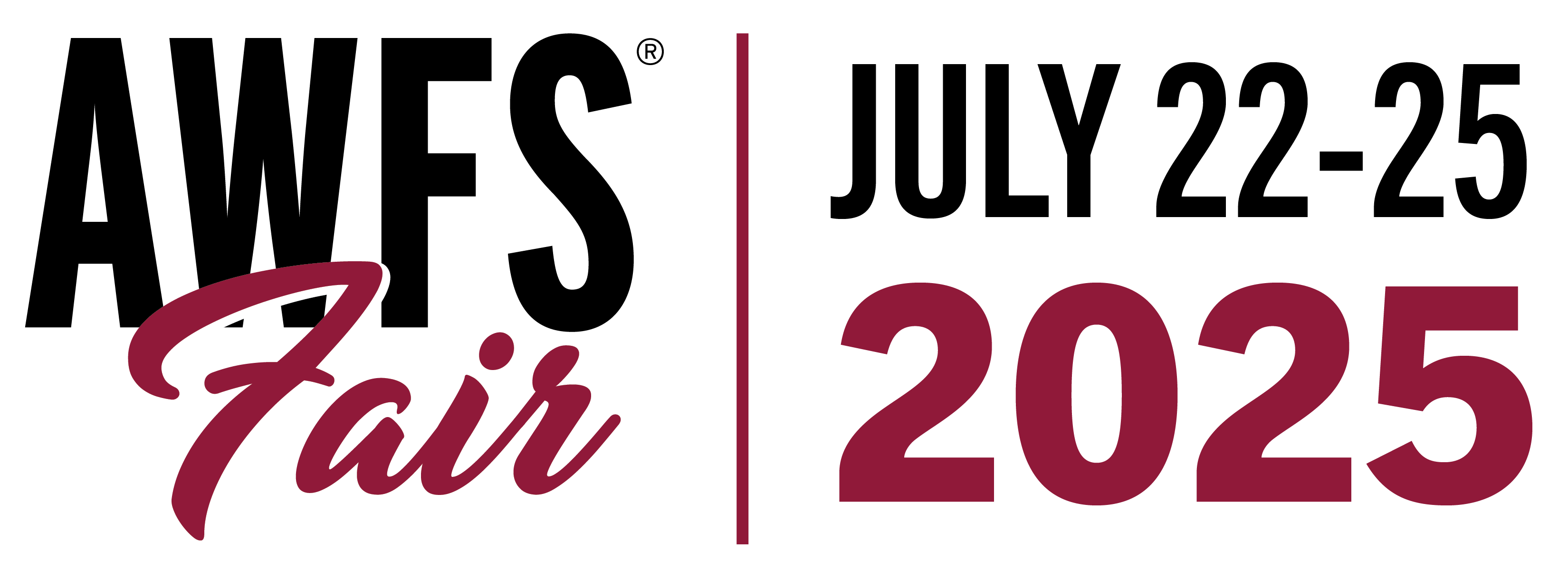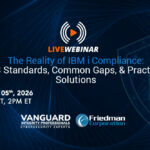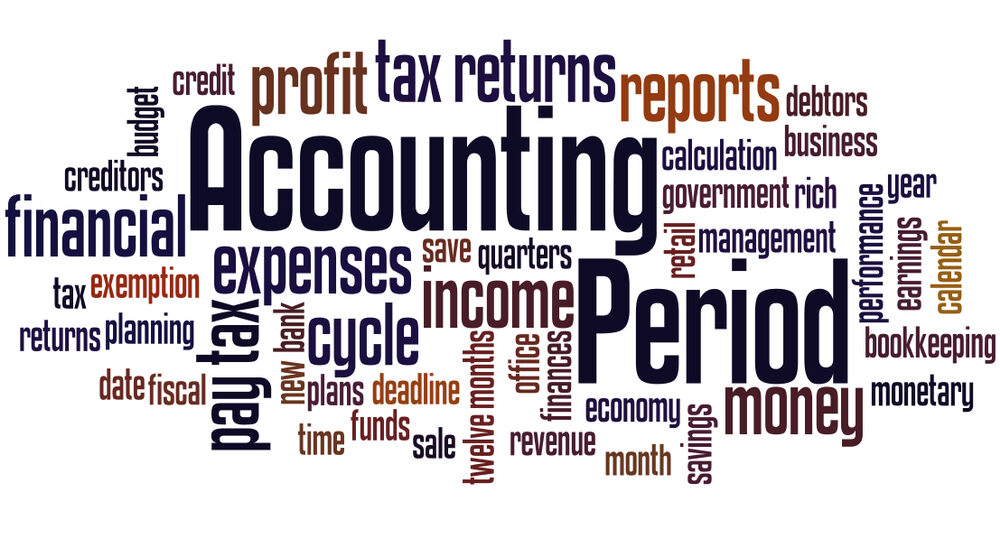
Financial data is powerful for manufacturers, but only when it’s used effectively. With modern ERP financial management systems, companies no longer have to wrestle with spreadsheets or manually compile reports. Instead, ERP dashboards enable teams to visualize real-time data, track trends, and make informed decisions more quickly.
Let’s break down how this combination of technology and insight can transform your organization from reactive to proactive for better business success.
What is an ERP System?
An ERP (Enterprise Resource Planning) system is a comprehensive software suite that integrates all major business functions—finance, supply chain, manufacturing, sales, and more—into one centralized platform.
The Role of Centralized Data
ERP systems unify business data, ensuring every department accesses a single, accurate source of information. This eliminates data silos and reduces the risk of duplicated entries, conflicting reports, and communication breakdowns.
Modular Design for Flexibility
One of the defining features of the best manufacturing ERP systems is their modular architecture. Businesses can choose the features and modules that suit their needs. This offers flexibility for even the smallest businesses to implement an ERP system and scale as they grow.
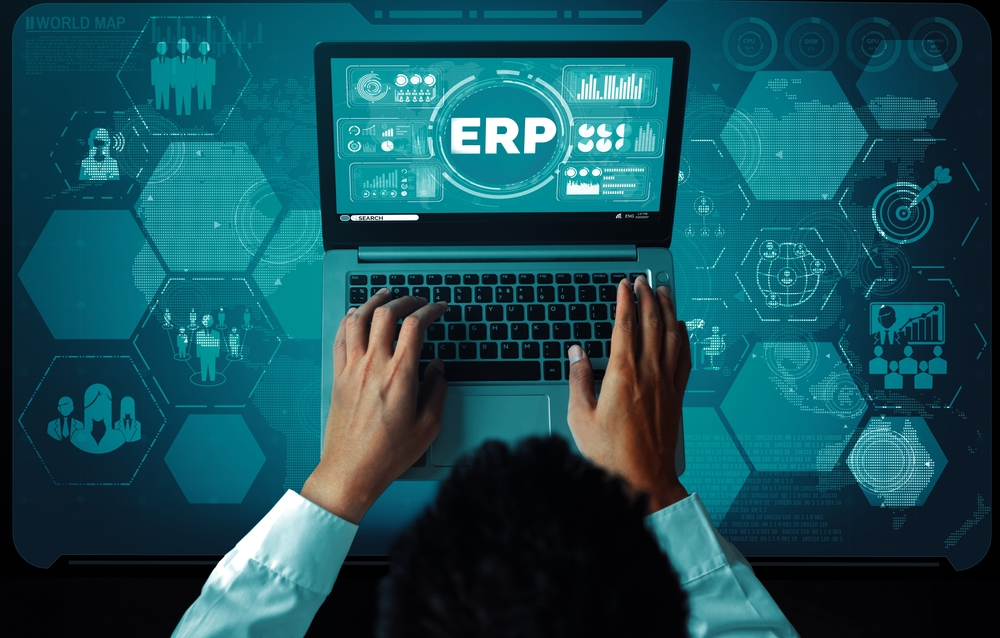
Frontier ERP is the top choice of custom manufacturers for streamlining processes and aiding efficient operational management.
Real-Time Operations Visibility
With live data flowing across departments, decision-makers gain immediate visibility into performance, enabling them to respond more quickly and allocate resources more effectively.
What Does an ERP Financial Management Module Include?
Since an ERP system monitors revenue in real time, it gives you a clear view of income trends and your position in the market. This insight supports better strategic planning and forecasting, enabling your business to seize growth opportunities and expand its customer base more effectively.
The ERP financial management module handles all the financial activities that keep a business running smoothly—from day-to-day accounting to strategic planning.
Managing the General Ledger
At the core is the general ledger, a real-time record of every financial transaction. This ledger ensures accurate reporting, supports audits, and lays the foundation for all other automated financial processes.
Handling Accounts Payable and Receivable
The ERP system automates the accounts payable and receivable cycles. It sends invoices, tracks incoming payments, and flags late transactions, reducing manual effort and boosting cash flow efficiency.
Controlling Budgets and Forecasts
Budgeting tools in ERP systems allow businesses to set annual or quarterly financial goals. As actuals roll in, they can compare them against these budgets and refine their forecasts accordingly.
Tracking Fixed Assets
ERP systems also help manage long-term assets like equipment, buildings, and vehicles, recording their value, depreciation, and maintenance schedules.
Consolidating Financial Reports
For businesses with multiple locations or divisions, ERP systems offer financial consolidation. This allows all data to roll up into a unified set of financial statements, making it easier to assess overall performance.
Exploring ERP Dashboards
An ERP dashboard is the interface through which users engage with financial data. Rather than digging through spreadsheets, users see visual snapshots of critical information instantly.

From labor costs per line to sale-to-delivery, the Frontier ERP financial management module provides you with the tools for tracking the most important KPIs.
Visualizing Key Metrics
ERP dashboards display key performance indicators (KPIs) through charts, graphs, and gauges. These visuals help finance teams understand complex data quickly and easily.
Drilling Down for Insights
Users can click into a specific chart, like “Outstanding Invoices,” to see the data behind the visuals. This drill-down capability enables quick troubleshooting and action.
Customizing the User Experience
Dashboards are highly customizable. Executives might monitor profitability, while department heads track their spending. Each user can tailor their dashboard to reflect their goals and responsibilities.
Using Dashboards for Better ERP Financial Management
Dashboards don’t just reflect your current financial state—they shape how you plan and act. An article from ERPFocus.com notes that integrating financial management into the ERP enables you to go beyond simple accounting tasks and adds features that actively support strategic decision-making.
Here’s how they supercharge your ERP financial management strategy.
Enhancing Financial Visibility
With ERP dashboards, finance professionals no longer have to wait for monthly reports. They can instantly view current cash flow, budget utilization, and upcoming liabilities—all from a single screen.
Accelerating Decision-Making
ERP dashboards provide real-time data that empowers faster and more confident decisions. Whether you’re evaluating a potential investment or deciding whether to scale operations, the information you need is at your fingertips.
Supporting Forecasting and Strategic Planning
Forecasting tools within ERP dashboards analyze both historical and current data to project future outcomes. Businesses can identify patterns, anticipate financial shifts, and prepare accordingly.
Promoting Accountability Across Departments
When departments have access to their own dashboards, it creates ownership. Managers see how their spending aligns with budgets and can adjust behaviors accordingly, leading to better overall financial control.
Ensuring Compliance and Readiness for Audits
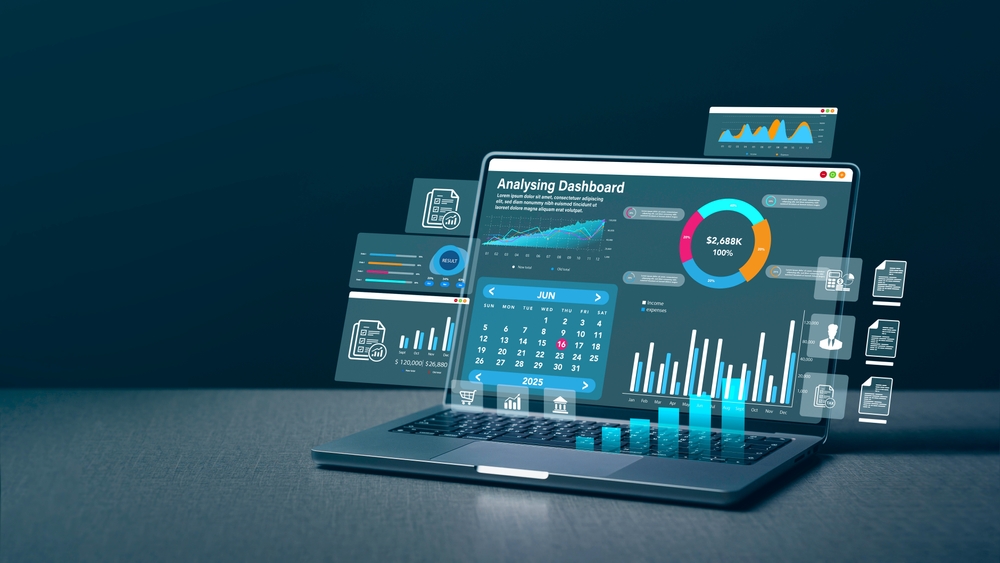
Custom design any Frontier ERP dashboard for instant visibility into centralized, real-time business data for your company.
Dashboards can include compliance-related metrics, helping businesses stay within legal and regulatory boundaries. During audits, these dashboards simplify data retrieval, making the process smoother and less stressful.
Why Choose Frontier ERP Financial Management
Not all ERP systems are created equal. Frontier ERP Financial Management is designed for businesses that demand performance, clarity, and customization.
Simple and Intuitive User Experience
Frontier ERP is known for its user-friendly design. The interface is clean, and navigating dashboards is easy, even for users with limited technical skills.
Tailored to Your Business Needs
With a modular setup, Frontier ERP allows you to select only the features you need. As your business grows, you can add more modules and dashboard functions without a complete system overhaul.
Real-Time Data Sync Across All Departments
Frontier ERP connects every function of your business in real time. This ensures that every decision is based on the latest information.
Advanced Reporting and Export Options
Need to create a presentation or report for your board? Frontier ERP lets you export professional-looking charts and summaries directly from your dashboard.
Flexible Deployment Options
Whether you prefer a cloud-based solution or an on-premise setup, Frontier ERP can be deployed according to your company’s IT preferences and security needs.
Conclusion
In today’s data-driven business environment, having the right tools to interpret and act on financial data is crucial. With ERP financial management enhanced by dynamic dashboards, companies gain a clearer view of their finances, improve decision-making, and plan confidently for the future.
Solutions like Frontier ERP go a step further, offering a streamlined, customizable, and highly secure platform to manage your company’s financial health with ease. It’s time to let your data work for you—visually, intuitively, and effectively. Want to learn more? Contact us today or see us at AWFS® Fair 2025 in July!
Frequently Asked Questions
1. What is ERP financial management?
ERP financial management refers to the financial tools within an ERP system that handle budgeting, accounting, forecasting, compliance, and reporting from a centralized platform.
2. How do ERP dashboards help with decision-making?
They offer real-time visual representations of key metrics, making complex data easy to interpret and act upon for faster and better decisions.
3. Can ERP dashboards be customized for different users?
Yes, ERP dashboards can be tailored to suit the specific role or function of each user, displaying only the most relevant information.
4. Is Frontier ERP available as a cloud solution?
Yes, Frontier ERP offers both cloud and on-premise solutions to fit your infrastructure and business continuity needs.
5. Can ERP dashboards integrate with other business tools?
Absolutely! Frontier ERP supports integration with CRM, HR systems, and customer portals, ensuring seamless data flow across your ecosystem.



